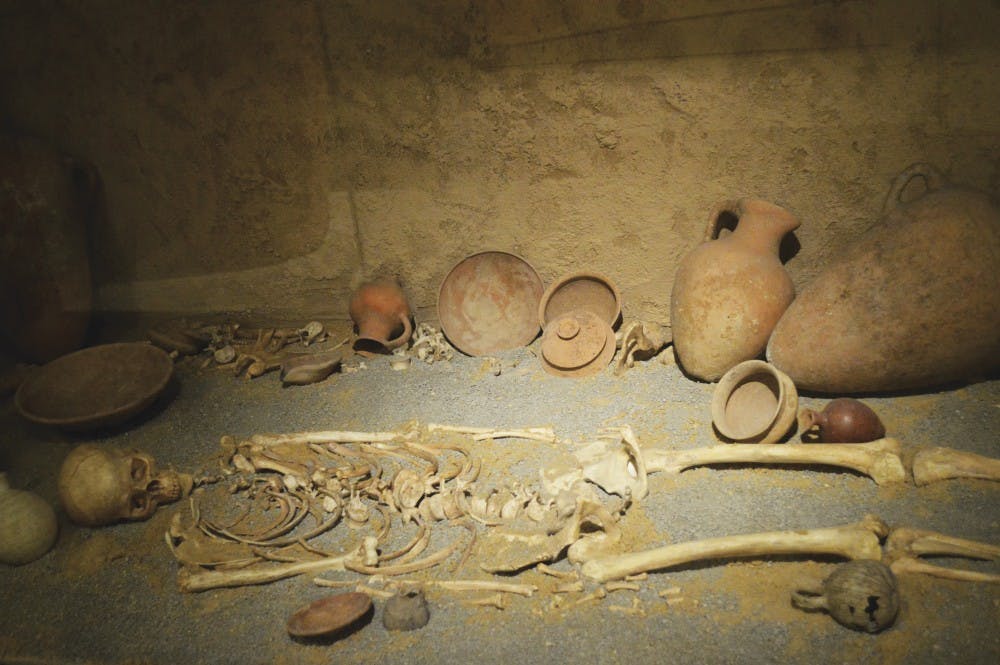
Penn has added CAAM Minor in Archaeological Science, Interdisciplinary Minor in East Central European Studies (ECES), Law and Society and Medical Sociology as minors.
Credit: Jashley BidoIf you are looking for a new minor to add to your diploma, you might be excited to learn that Penn has added four new ones to its list of academic offerings.
CAAM Minor in Archaeological Science
Offered through a collaboration between the Penn Museum and the School of Arts & Sciences, this minor requires students to take six courses at a variety of levels. Four of the six will be CAAM (Center for Analysis of Archaeological Materials) laboratory-based classes. Students will also be required to complete an advanced archaeology course with a research component as their capstone class.
Interdisciplinary Minor in East Central European Studies (ECES)
With this minor, students will gain a better understanding of East Central Europe by studying the region’s history, languages, politics, culture and literature. This area, which includes nations such as Bosnia, Croatia, Hungary and Ukraine, is considered to be an increasingly important, strategic region on the international scale. In order to gain credit for this minor, students are required to take six classes about the region, as well as complete two semesters of a language of the region, or have demonstrated the equivalent proficiency.
Law and Society
This minor allows students to study legal regulation and social organization through a focus on the American legal system. Classes will give students a theoretical basis in sociology as well as the U.S. legal system. While the courses of this minor will focus mostly on the American legal system and its effects on American society, at times, international law will be used as comparison. Students are required to take six credits for the minor.
Medical Sociology
Like Law & Society, this minor provides students with a theoretical basis in sociology and then allows them to study population health. Students will explore how cultures define an illness, as well as how societal factors can contribute to disease and wellbeing. The requirements consist of six courses: three specific courses in sociology, and three other courses from a larger list.
The Daily Pennsylvanian is an independent, student-run newspaper. Please consider making a donation to support the coverage that shapes the University. Your generosity ensures a future of strong journalism at Penn.
DonatePlease note All comments are eligible for publication in The Daily Pennsylvanian.




